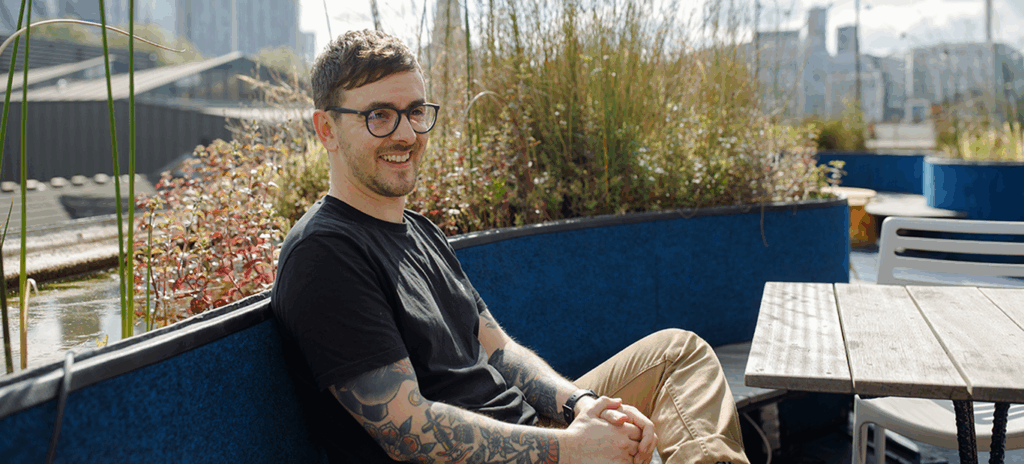
A recent study by ISACA found that 66% of cybersecurity professionals experience significant levels of stress at work.
At LeftBrain, many of our clients are CTOs and tech leaders operating in high-stakes environments. They are securing systems, protecting teams, and constantly anticipating what comes next. That kind of pressure builds up.
In this conversation, we spoke with Sean Lewis, our Infrastructure Engineering Lead and a veteran with real insight into how responsibility, stress, and burnout can affect people behind the scenes. He shared how physical fitness helped him recover, why mental health needs to be taken seriously, and how leadership means stepping back, not holding it all together alone.
Can you introduce yourself and your role at LeftBrain?
I’m Sean Lewis, the Infrastructure Engineering Lead at LeftBrain. I started my IT career in the RAF at 24 and spent five years learning everything from infrastructure to networks and comms. I realised I preferred working hands-on with systems rather than in the field. After leaving the military, I moved into the civilian sector and eventually joined LeftBrain. I focus on building secure, scalable infrastructure. I am often behind the scenes, but I make sure everything works.
Would you be willing to share your experience with mental health?
Absolutely. Talking about mental health can feel personal, but it is too important to ignore. In the RAF, physical fitness was part of everyday life. After I left and lockdown hit, I stopped exercising. I did not realise how much that would affect me.
I lost confidence and motivation, feeling stuck without the energy to make a change. Eventually, I had to face it. I got a personal trainer and started moving again. Almost immediately, I felt like myself. Now fitness is a daily non-negotiable. If I skip more than one rest day, I feel it, and so do the people around me.
“Mental health is not a soft topic. It is infrastructure.”
What advice would you give to tech leaders managing high-pressure roles?
The best advice I can give is to trust your team. That was something we learned in the military. If you have trained your team well and know what they are capable of, step back and give them space.
In security roles, it is easy to believe everything depends on you. That mindset leads to burnout. It makes you a single point of failure. And if you are burnt out, your team and clients are not getting your best. Trust your people. Build a strong team, train them well, and take that leap of faith. It will make you stronger.
Shout out to our CEO, Charlie. He’s built a great team at LeftBrain and has the courage to step back when needed. That trust has made us better across the board.
What are you doing at LeftBrain to support better mindsets and wellbeing?
I have become that person who finds something helpful and wants to share it with everyone. For me, movement is always positive. It boosts your mindset, health, energy, and mood.
I started a running club at LeftBrain to help our remote team move more. Sitting for nine hours a day is common, and it is hard to break that routine. I try to keep it supportive, not competitive. If someone adds a few more steps than yesterday, we celebrate that.
I would love to offer more group activities, even online, or help people start their own routines. I am not a qualified coach, but I have written my own plans and learned a lot along the way. A little support can go a long way.
Any final thoughts for CTOs or others working in tech?
Mental health is not a soft topic. It is infrastructure. Probably your most important one. If your team is not functioning well, everything else starts to break.
You need to maintain it. Build it into your day-to-day. Lead by example. Make it part of your culture. Everyone benefits.
We believe mental health is part of doing great work
If you’re leading under pressure and want strong, secure systems that do not depend on constant firefighting, we would love to help.